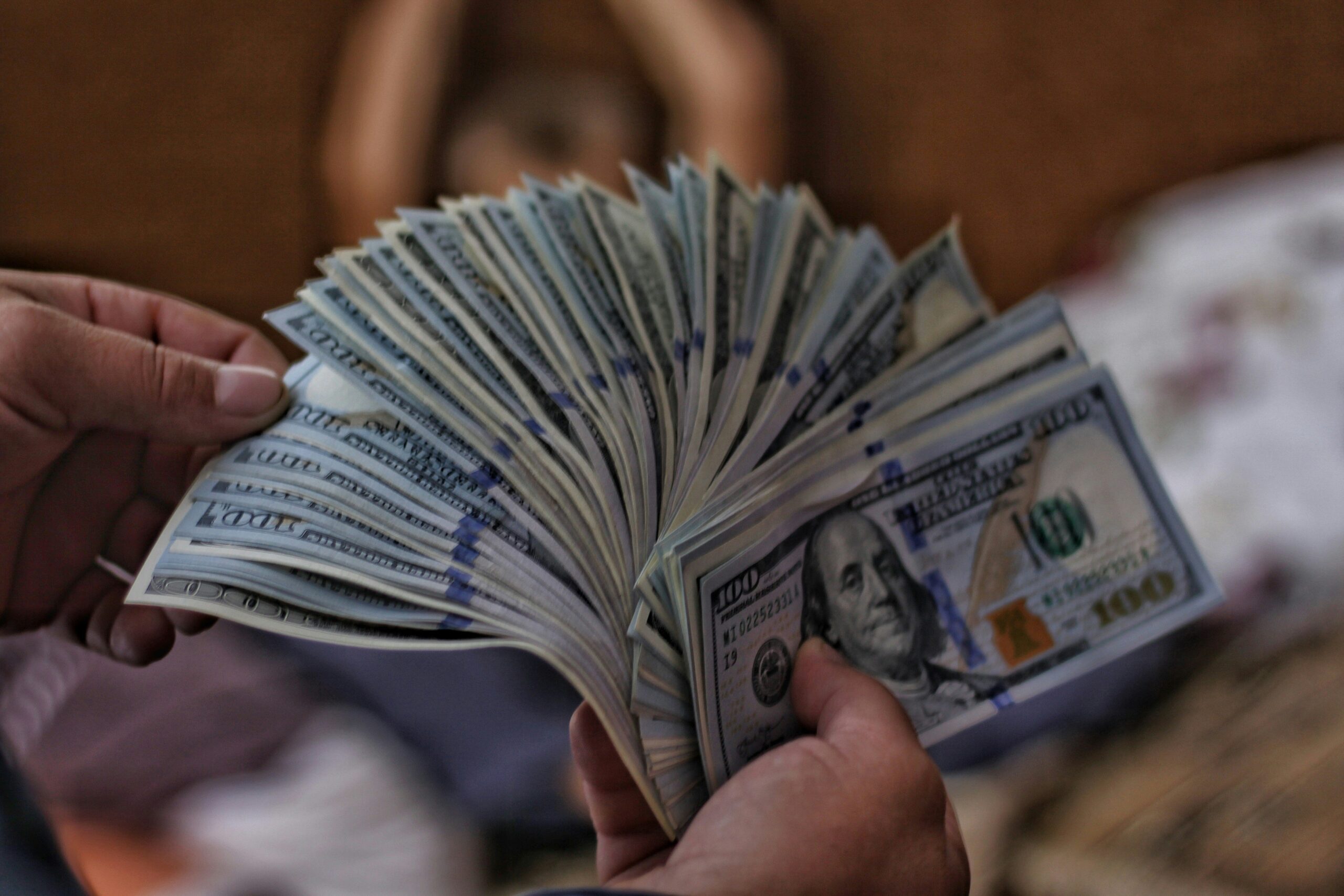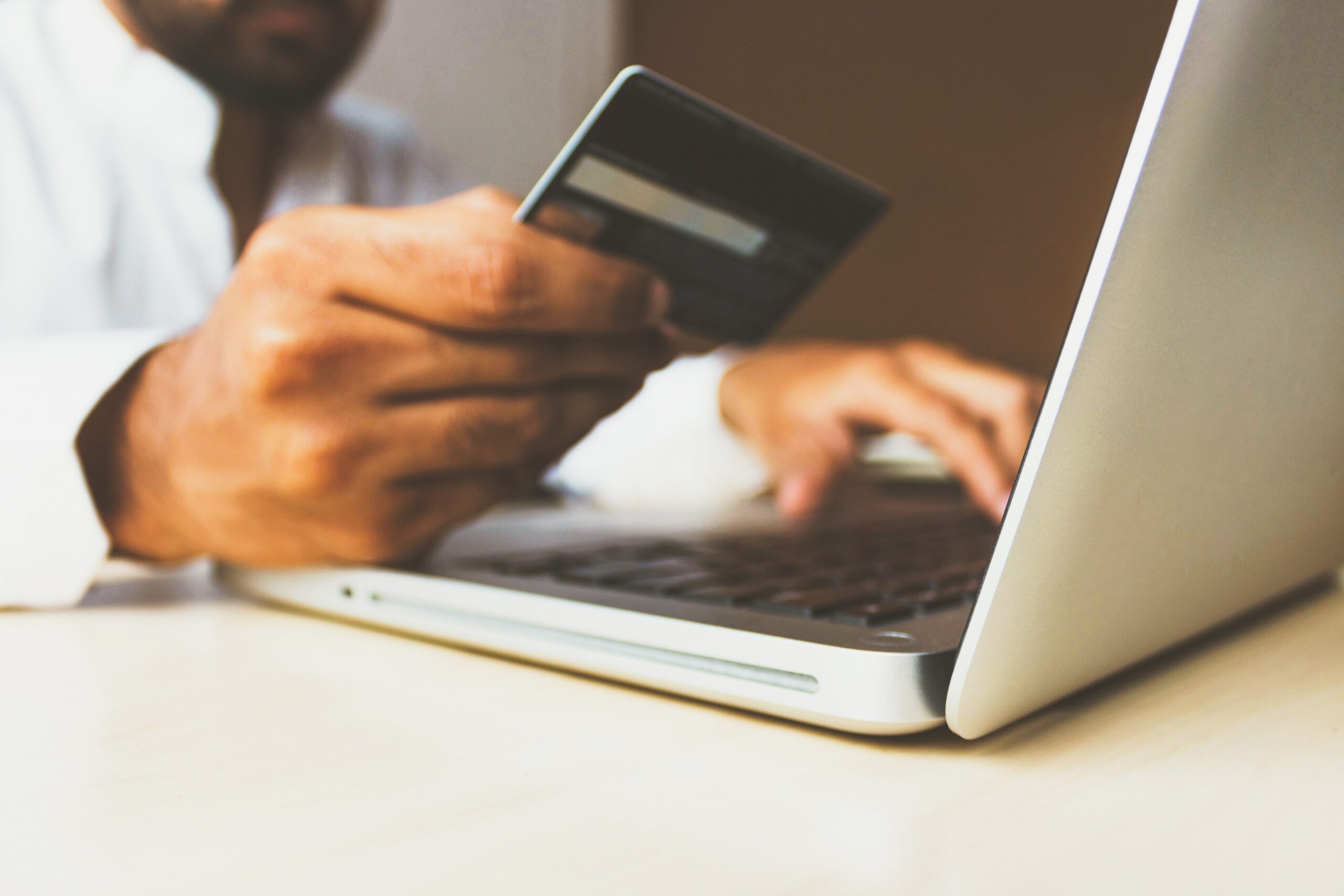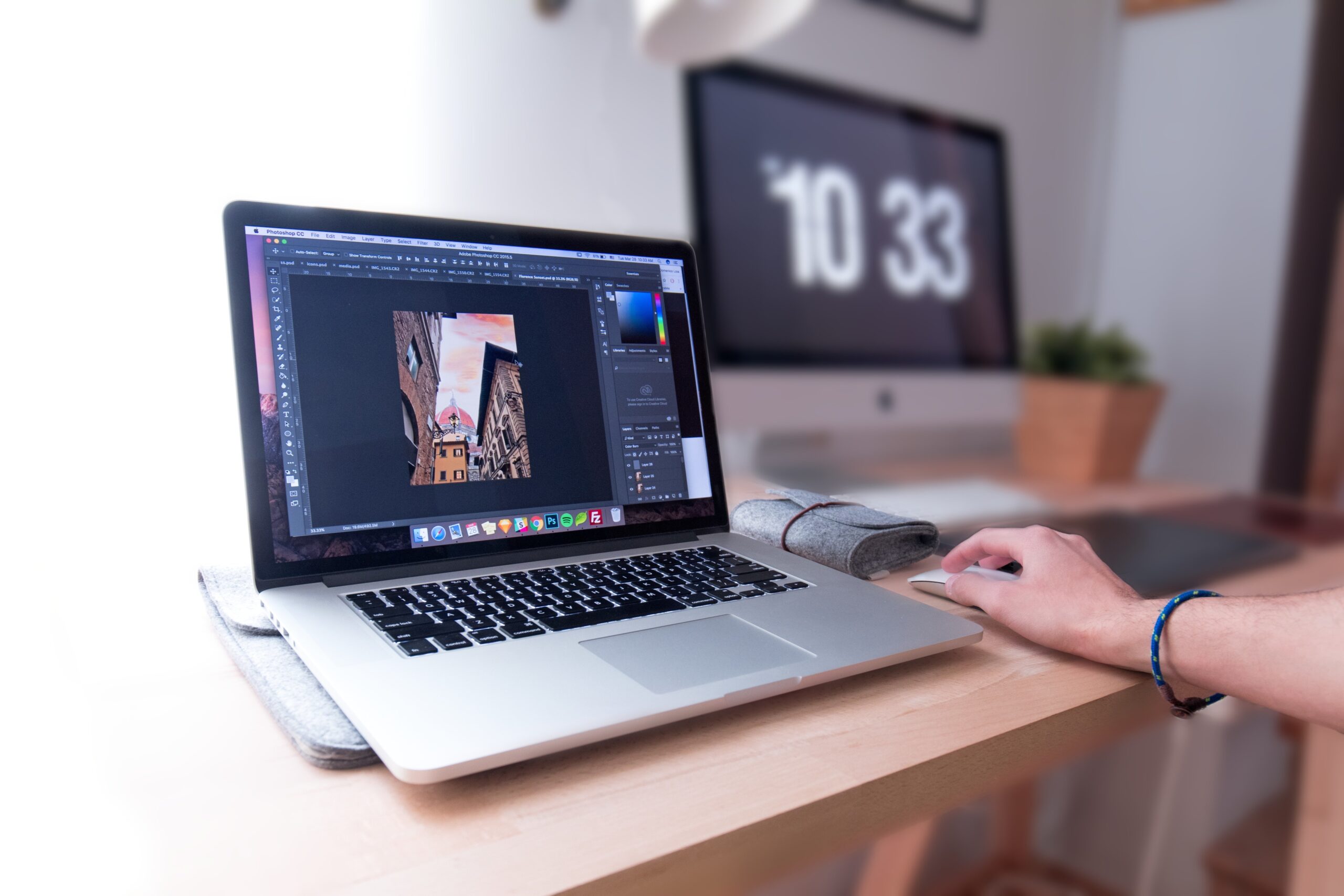Shopaholic Saving Tips

Mar 15 | 2024

Viacheslav Bublyk via Unsplash

Mar 15 | 2024

Viacheslav Bublyk via Unsplash

Dec 08 | 2023

Best Personal Finance Apps for 2023
Photo by rupixen.com on Unsplash
It’s almost 2024, but if there’s one thing you don’t want to save until the new year it’s putting your finances in order. When it comes to tackling money goals, the best time to start is always yesterday. But these days — given our digital-first landscape and online bank accounts — financial success takes more

Mar 11 | 2021

pixabay.com
If you’re savvy when it comes to apps but could use some direction in your investing game, combine the two and go from investing newbie to knowledgeable with tips you can tap into. Entering into the world of investing can be daunting, so invest your time before you invest your hard-earned dough. These 5 apps

As protests continue across the country, many Americans are looking for ways to help support the Black Lives Matter movement any way they can. While protesting and calling your local officials are valid approaches to fighting racial inequality, it’s equally as important to put your money where your mouth is. Are you even aware of

Nov 28 | 2018

From saving for a big purchase to paying off a loan, money management apps can help you take control of your finances. However, selecting one can be more difficult than figuring out the interest, fees, or charges on your latest credit card statement. We rounded up the top three apps to help you manage money.

May 08 | 2018


Photo: Domenico Loia
By Tom Twardzik Sometimes, the difference between a successful day of work and a frustrating one is a set of efficient, uncomplicated tools. For someone working from home or otherwise away from the office, the primary tool set is often a computer. A standard word processor, a default email client and the desktop sticky notes

Feb 10 | 2017
Curious about investing, financial literacy, and getting your bank account popping? Has the language, the entry barrier, and the giant heap of information you need to learn to be successful discouraged you from taking that first step? It’s a universal problem actually, with more than a quarter of th…

Curious about investing, financial literacy, and getting your bank account popping? Has the language, the entry barrier, and the giant heap of information you need to learn to be successful discouraged you from taking that first step? It’s a universal problem actually, with more than a quarter of the population having admitted that missing just

Dec 29 | 2016